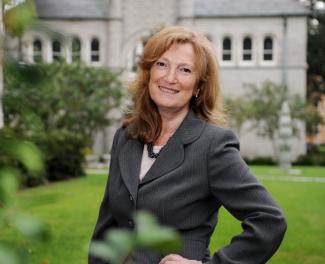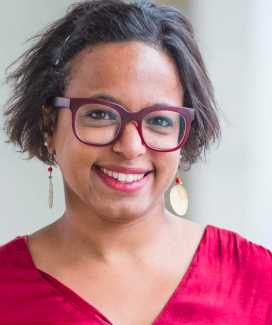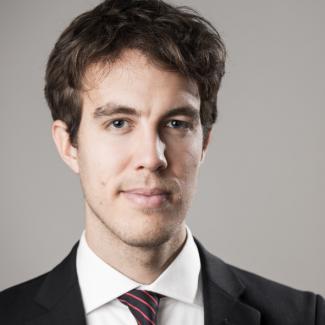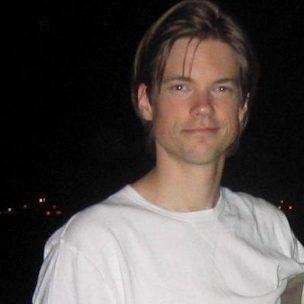Commitment to equity assessment of Uganda
Between 2002 and 2012, the poverty rate in Uganda fell by nearly 20 percentage points, but even so nearly 20 percent of the population remained poor in 2012. Real per-capita incomes have nearly doubled over the same period, but inequality has fallen only marginally. At the same time, public expenditures have fallen (when measured as a percent of GDP) while official development assistance and aid has risen by about 50 percent in real terms.
The Ugandan Ministry of Finance, Planning and Economic Development are interested in better understanding the impacts of their current tax and transfer system on the Ugandan population to uncover the underlying re-distributive impact of budget decisions. This project will contribute an evidence-based foundation for ongoing discussions with the Ministry of Finance and other relevant stakeholders on these topics and provide a benchmark specific to Uganda (and its suite of social programs) for discussing continued poverty and inequality reduction initiatives.
The project’s main output is the Commitment to Equity (CEQ) Assessment*, a methodological framework designed to analyse the impact of taxation and social spending on inequality and poverty in individual countries. The Assessment uses fiscal incidence analysis – allocating to representative households in the 2012/13 Ugandan National Household Survey public expenditures and public revenue collections – to address the following three questions:
- How much redistribution and poverty reduction is being accomplished through social spending, subsidies and taxes?
- How progressive are revenue collection and government spending?
- Within the limits of fiscal prudence, what could be done to increase redistribution and poverty reduction in each country through changes in taxation and spending?
The main objective of the CEQ Assessment is to provide a roadmap for governments, multilateral institutions, and nongovernmental organizations in their efforts to build more equitable societies.






